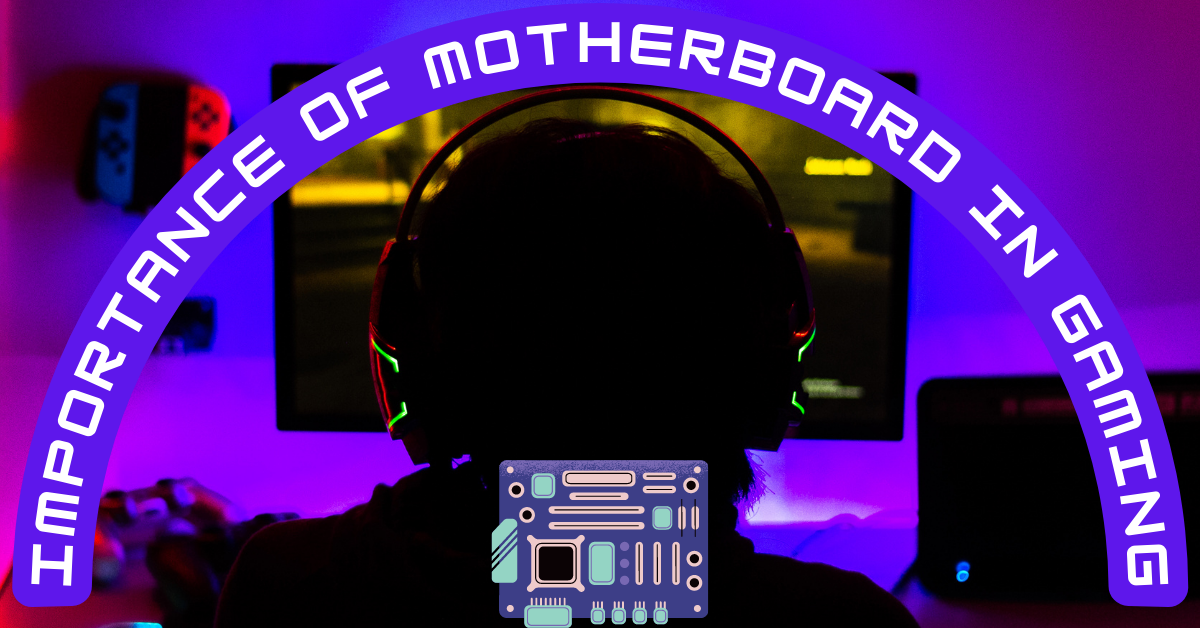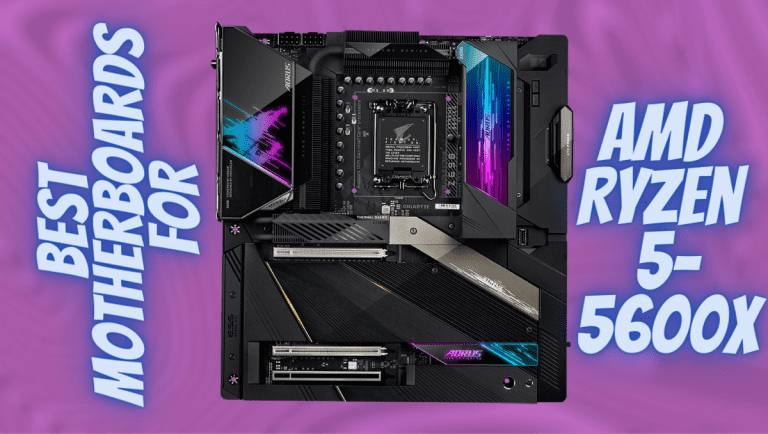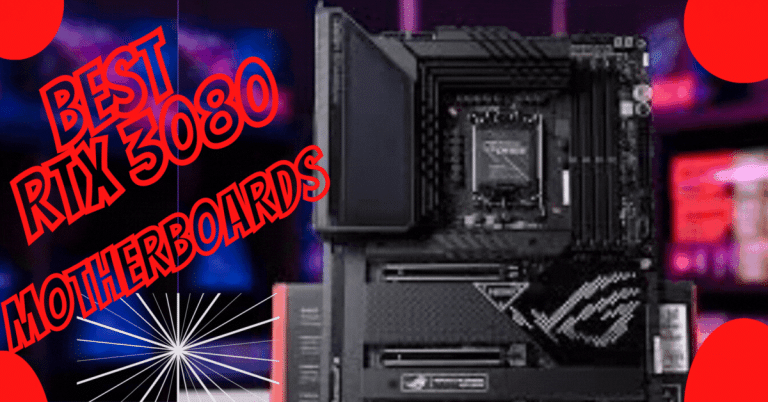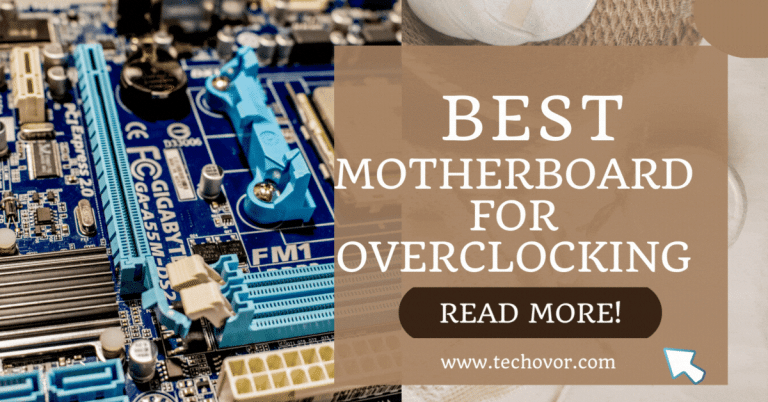Is the motherboard important for gaming?
In the modern era, PC gamers need quality motherboards to ensure their systems are able to take full advantage of the latest games and technologies. Choosing the right motherboard is important when buying or upgrading a gaming PC because it is the foundation upon which all other components will be built. Motherboards come in a variety of sizes and specs which can seem awesome. But with a little research and some guidance, anyone can find the perfect board for their gaming needs. In this article, we’ll cover some of the basics of motherboards and how to choose the right one for your gaming PC.
Importance of motherboard for gaming:
A motherboard is an essential component of any gaming computer build. It is the main board that contains the necessary components to connect and interact with other hardware. It also serves as a base for connecting to other components such as RAM, processors, and graphics cards. Without a motherboard, there would be no way to connect these components and the computer would not be able to function properly.
Without a motherboard, a gaming computer would be incomplete. As the motherboard connects all the internal components together and allows them to communicate with each other. Additionally, the motherboard provides essential features for gaming, such as USB ports and slots for memory cards. It is important to choose a motherboard that is compatible with other components, offers the desired features, and is within the budget.
The importance of a motherboard for gaming varies, with some considering it only important for basic communication between components. While others view it as a significant contributor to performance. However, the direct impact on gaming performance is limited, overclocking the processor is where a good motherboard can make a difference.
High-end gaming motherboards can handle increased voltage and temperature from overclocking better than cheaper ones, potentially boosting performance. However, buying a cheap motherboard is not recommended as it can cause problems with increasing loads, especially for gaming PCs. A mid-range motherboard should suffice, as long as it supports the desired components.
What matters in a gaming motherboard?
The motherboard you choose will depend on which features are most important to you. If you want a lot of RAM slots and USB ports, you should get a gaming motherboard with more than one expansion slot as the number of slots varies by manufacturer. Some motherboards have more SATA ports than others, which can be helpful if your computer needs them for storage drives or hard drives. Overclocking options are also important when choosing a gaming motherboard. Some are better than others at boosting performance through software updates and overclock settings.
Motherboard and RAM dependency:
The motherboard is the most important part of your gaming PC. This determines what type of RAM you can use. And some motherboards support more than others. When choosing a motherboard for your gaming rig, it’s important to consider both cost and compatibility with any other components installed on your system.
There is typically only a minor difference in performance between high-end and mid-range motherboards, with the highest-end boards offering only a slight improvement. When choosing a motherboard, it is important to consider compatibility with other components, such as the CPU and RAM. To avoid performance bottlenecks, the motherboard should have a bus speed that matches the speed of the RAM. If the motherboard is slower than the RAM, the RAM will run at a reduced speed, limiting its overall performance.
Motherboard and framerate dependency:
The motherboard has an impact on the framerate in a gaming PC. Lower-end motherboards may struggle to handle the demands of gaming, while higher-quality boards will deliver better performance. The speed of currents carried by the motherboard affects the framerate, with slower currents leading to a lower framerate.
Are gaming motherboards worth it?
Most games don’t require gaming motherboards, and they can be expensive. However, if you want to buy one, keep in mind that there are cheaper options available. Gaming motherboards are usually priced higher than normal because they have additional components and features that are only used in gaming computers, such as integrated graphics.
This means you can opt for a gaming motherboard if your CPU doesn’t support high-end graphics cards or doesn’t have enough RAM to run demanding software like video editing programs or virtual reality games. Some of the more popular brands include ASRock, Asus and MSI. These companies make motherboards that are compatible with your computer’s other components, such as memory sticks or graphics cards (GPU), as well as handle high-performance systems.
Impact of graphics cards in gaming experience:
While the CPU is still the most important part of your system and helps determine how well it performs with certain games, a good graphics card can deliver better performance and more eye candy for less money than before.
In addition to improving performance, GPUs can also be used in a number of ways:
● They can be used with multiple monitors. This makes them especially useful if you have an ultra-high resolution monitor on which you want every image to look perfect. You’ll probably need another card to run two monitors at once.
● These improve frame rates by reducing latency between graphics processing units (GPUs) and RAM memory banks.
Impact of processor intensive games:
Most games are not processor specific. If you are playing a game that is processor intensive, your CPU should be capable to handle it. However, if you’re playing a game that isn’t processor intensive, such as most first-person shooters or action titles. Your CPU won’t be a bottleneck and therefore won’t need as much RAM.
FAQs:
What makes a motherboard good for gaming?
A good gaming motherboard should offer a number of features and capabilities that provide the necessary support for powerful gaming hardware. First, it should have enough ports for all the components you want to use. Additionally, it offers enough memory slots and PCI Express slots to accommodate additional components or upgrades. It should also be able to support overclocking if you intend to push your system's performance to its limits.
What does a motherboard do for gaming?
A motherboard is an important component of any gaming setup. It provides the foundation for other parts of the computer and facilitates communication between all components. The motherboard also provides slots for attaching additional components such as graphics cards, sound cards, and storage devices. Additionally, the motherboard is responsible for power management, ensuring that the components receive the right amount of power at the right time.
Conclusion
If you want the computer to be able to run games, then yes, it is absolutely necessary. Motherboards are very important for games. And to know how they are important, read this article carefully. After reading this article you will be able to choose the best motherboard for you. Hope you like it very much. Thanks.







